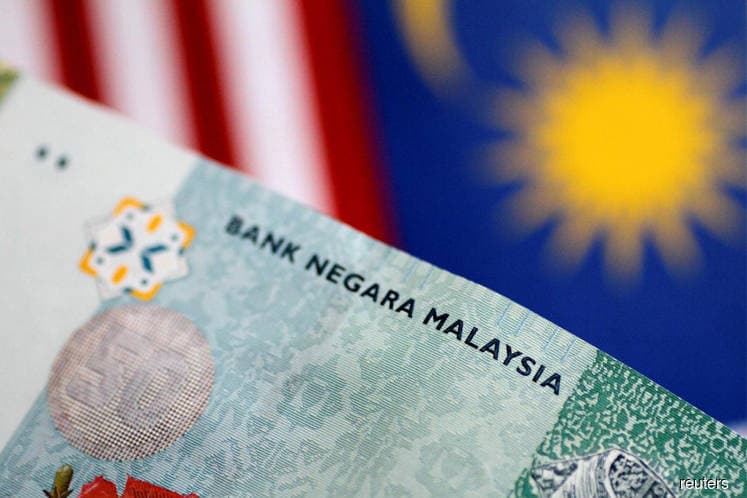
KUALA LUMPUR (Nov 23): United Overseas Bank (M) Bhd (UOB Malaysia) expects Malaysia's inflation to trend up at a measured pace, largely reflecting year-end festive demand, the rainy season, a weaker ringgit, and fading of high year-ago base effects.
UOB Malaysia senior economist Julia Goh wrote in a note today that cigarette prices will also be raised this month (November 2018), in line with the Sales and Service Tax (SST) implementation.
"The government’s plan of more targeted fuel subsidy scheme, which is likely to come into effect in 2Q19, will also contribute to the rise in headline inflation next year. As such, we maintain our full-year inflation targets at 1.2% for 2018 and 2.0% for 2019.
"Underlying inflation is expected to remain contained in the absence of strong demand pressure, while the Malaysian economy continues to grow at a steady pace, despite the lingering commodity-related supply shocks. The recent 2019 budget announcement has provided further clarity on the fiscal and economic policies. This alongside a neutral tone in the latest monetary policy statement by Bank Negara Malaysia, underpins our view that the overnight policy rate will be kept unchanged at 3.25% through 1H 2019," Goh said.
UOB Malaysia's note followed Malaysia's Statistics Department's statement today on the nation's inflation numbers.
theedgemarkets.com, quoting the department, reported today that Malaysia's inflation, as measured by the consumer price index (CPI), increased 0.6% in October 2018 from a year earlier, due to higher prices for items including housing, water, electricity and fuel, besides food and non-alcoholic beverages.
"On a monthly basis, CPI increased 0.2% as compared to September 2018. CPI for the period January-October 2018 registered an increase of 1.1% as compared to the same period last year," the department said in the statement on its website.
Today, FXTM research analyst Lukman Otunuga said the ringgit appreciated slightly against the US dollar this morning, following reports Malaysia's inflation stood at 0.6% on-year in October 2018.
"Today’s inflation figures suggest that a weakening ringgit is translating to rising inflationary pressures. Although Malaysia’s economic outlook remains encouraging with growth steady and a healthy surplus in the current account, the nation like many other emerging markets remains exposed to downside risks.
"Trade tensions and concerns over slowing global growth may create headwinds, while higher US interest rates could accelerate capital outflows. With regards to the technical picture, the ringgit is likely to extend losses next week, if a weekly close above 4.200 is achieved," he said.
At the time of writing this theedgemarkets.com report, the ringgit strengthened to 4.1930 against the US dollar. Over the last one year, the exchange rate was between 3.8533 and 4.2005.